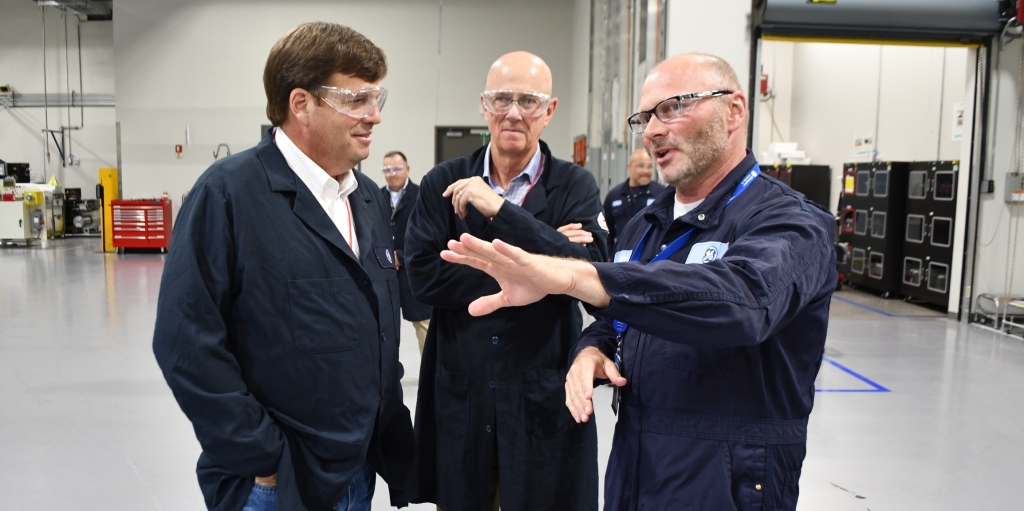Alabama’s ability to grow its economy depends in large part on the ability of rural Alabama to give new businesses what they want and need to succeed.
The state’s growing efforts to drive growth and opportunity in Alabama’s rural communities was the focus of a panel discussion Oct. 25 during the Alabama Economic Growth Summit in Hoover. Mary Johns, director of news services at Alabama Farmers Federation, moderated the discussion and admitted the majority of Alabamians may not understand the importance of rural Alabama in the state’s economic growth success.
“I think there is some convincing that needs to happen for the 81% of the population living in the metro areas,” John said.
More organizations helping rural Alabama prepare for new business opportunities from Alabama NewsCenter on Vimeo.
Brenda Tuck, rural development manager for the Alabama Department of Commerce, said the remaining 19% of Alabama’s population lives among 40 of the state’s 67 counties. Her job, which was created earlier this year, is to help those 40 counties prepare for new business opportunities.
“There’s a big perception that rural Alabama is a wasteland to some degree, and that is completely false,” Tuck said. “Rural Alabama is very strong. I’m very encouraged and excited about what I’ve seen so far.”
Tuck said her biggest challenge is helping rural communities that lack a full-time economic development coordinator.
“A lot of times we have some challenges with a government official or leaders in the community because they are only part-time — they have two or three other jobs they’re having to do that same day at the same time, so they’re juggling,” Tuck said. “The lack of preparation can hurt a rural community. It’s critical that every community know who they are, what they are and what they can be.”
Caleb Goodwyn, economic and community development representative for PowerSouth, said helping communities identify land and resources new businesses want is an important first-step in many rural areas.
“We’ve spent a lot of resources and time over the last year getting into those communities and doing a lot assessments over what property is there and trying to identify new parcels of land that are well-suited to economic development and industrial development,” Goodwyn said. “If we can attract jobs to our rural areas and attract more investment, that creates jobs. That keeps people at home. That keeps people from fleeing these rural areas and keeps them more vibrant than they were.”
Brian Hilson, rural development strategist at the Economic Development Association of Alabama (EDAA), said Alabama’s rural areas can help the state overcome issues surrounding workforce saturation, a situation where employers struggle to find people willing to work.
“It’s important to all of Alabama that rural Alabama be successful,” Hilson said. “Employers are going to go where people want to live and people are going to want to live where they have job opportunities. We’ve got to do all we can to get each and every one of our rural counties in a better position.”
Hilson added a rural community can succeed without landing new business.
“Rural communities can be successful by retaining businesses they already have and retaining and growing a substantial residential base with people who either live there and spend money or commute to and from there,” Hilson said. “We’re a very mobile workforce in Alabama. It’s not uncommon that people are going to live as much as an hour away from where they work. Rural Alabama can continue to play in that and be successful, not only by having more companies locate there, but especially by having people who want to live there.”
(Courtesy of Alabama NewsCenter)













